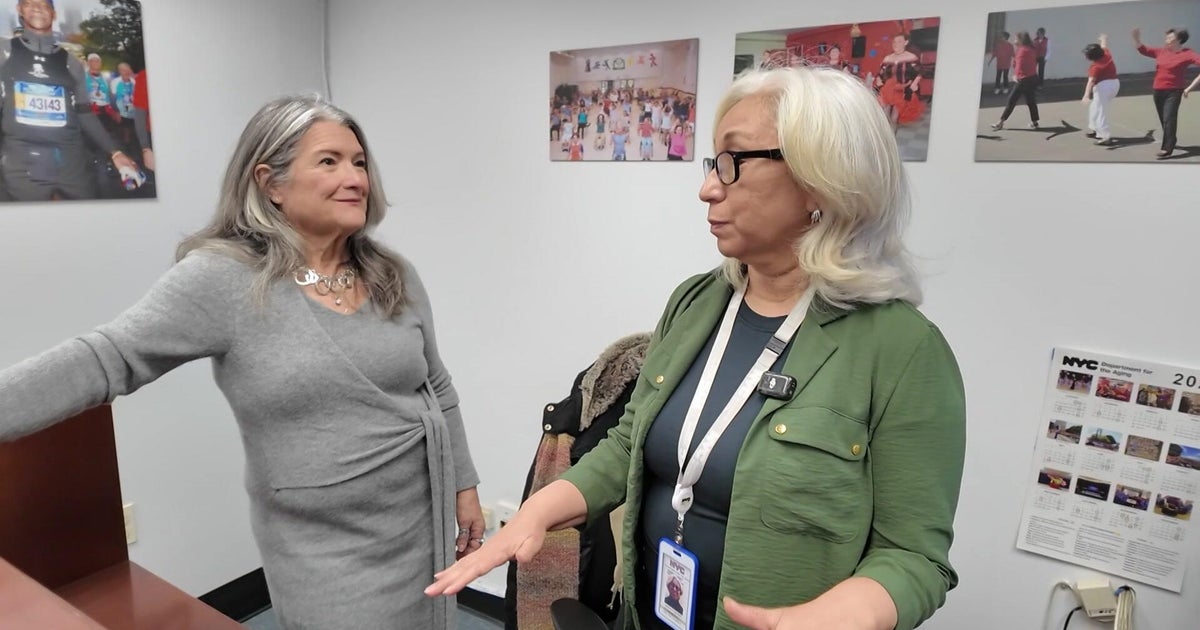Americans with 401(k)s were asked how much they need to save for retirement. The answer: $1.7 million
Americans with 401(k)s were recently asked how much they needed to sock away to afford retirement. The answer: $1.7 million.
That number may seem like a pipe dream to many, especially given that one-quarter of Americans have no retirement savings at all. But it's actually a humbler goal than the estimate given by workers when asked the same question a year ago, according to the new survey from Charles Schwab's Retirement Plan Services. In 2021, workers said they believed they would need $1.9 million to retire, the survey found.
Americans are likely lowering their retirement savings goals following two years of the pandemic, which caused many to scale back spending by postponing vacations and cutting back on eating out and entertainment, noted Catherine Golladay, managing director and head of workplace financial services at Charles Schwab. And in 2022, workers have been walloped by inflation, which they now view as their top obstacle to saving for their golden years.
"Inflation was really evident in what's on the mind of 401(k) investors," Golladay told CBS MoneyWatch. "That finding was something we've seen for the first time in a very long time."
Inflation outpaced stock market volatility as the No.1 challenge to savings, even after Wall Street slipped into a bear market earlier this year. About 45% of respondents said inflation is their top retirement obstacle, while 33% pointed to market volatility, according to the survey of 1,000 people with 401(k)s.
"I'm hopeful that [the finding] says that individuals know that their 401(k) is for the long term," Golladay added. "But inflation is day to day, and that is something you can't avoid."
The average defined contribution plan, which includes 401(k)s and 403(b) plans, had a balance of about $141,000 in 2021, according to Vanguard. But older workers have much more saved up, with the average balance for those between ages 55 to 64 standing at $256,000, Vanguard found. Still, that's a far cry from $1.7 million.
Retirement: Relying on 401(k)s
About 47% told Schwab they were extremely likely to hit their retirement savings goal, but that's down from 53% last year. The remaining workers said they weren't confident or only somewhat confident they could sock away their target amount.
That could be concerning given that Americans say they will lean on their 401(k)s to provide much of their retirement income. About 37% of retirement income will stem from those accounts, with Social Security providing another 17%, the respondents said. The remaining income will stem from savings, pension plans and part-time work, among other sources, the survey found.
One key is to avoid feeling overwhelmed by the gap between your current savings and your goals, Golladay noted. Starting small and talking with an adviser to create a savings plan can help workers gain confidence in achieving their savings plans, she recommended.
"You can become overwhelmed if you believe you have a large gap, but we have so many examples of where people start small and they make strides over time, and end up in a better place," she added.



